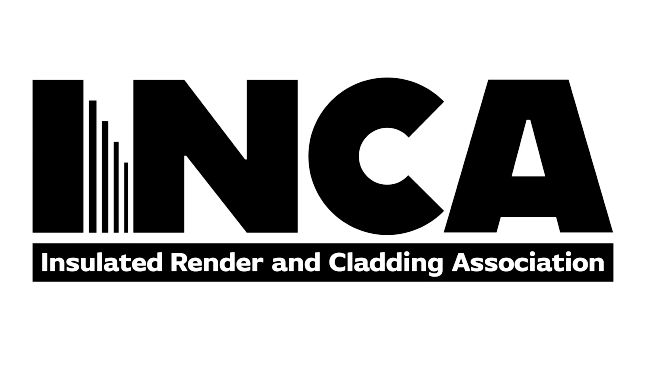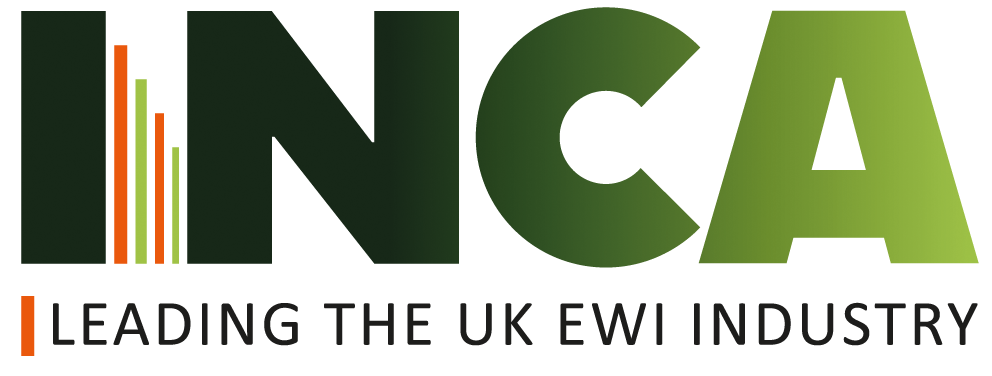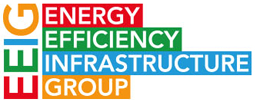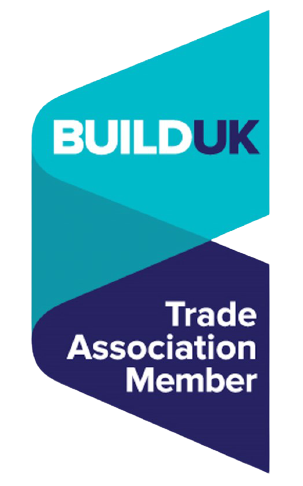
The Insulated Render and Cladding Association (INCA) has called on the Government to double the target for Solid Wall Insulation (SWI) measures in the 2017 ECO transition period in response to the Government’s ‘Help to Heat’ consultation.
The proposed ECO scheme has several positive features; however, INCA’s response highlights that fuel poverty cannot be effectively tackled without a strong focus on SWI as almost half of Britain’s ‘fuel poor’ families live in solid wall home1 . The response also points out that the key cost assumptions used by Government have been significantly overstated, which has resulted in a very low target of 17,000 measures per year being set for SWI. INCA believes that the SWI target should be doubled to 33,000 measures per year, which can easily be delivered within the £640 million budget.
Analysis undertaken by AgilityEco on behalf of INCA, as part of its response to the consultation, shows that the cost estimates in the Government Impact Assessment are overstated by more than £200 million and that the ECO support required to deliver SWI is much lower than assumed. There are eight million British households living in solid wall homes and the proposed reduction in the SWI target is unjustified and wholly unacceptable.
INCA Chairman Mitch Gee said: “From the evidence gathered by AgilityEco from INCA members and discussions with Government analysts we believe that the ECO scheme costs are overestimated and the scheme lacks ambition for SWI, missing a huge opportunity to have a positive impact on 8 million families and half of Britain’s fuel poor. Our fear is that the low target is likely to be achieved even before the new scheme begins, and the resulting hiatus will reduce industry capacity for future years. We urge the Government to double the target which can be easily achieved within its budget without impacting on consumer bills.”
The Energy Company Obligation (ECO) is an energy efficiency programme introduced into Great Britain at the start of 2013, which places legal obligations on the larger energy suppliers to deliver energy efficiency measures to homes to reduce carbon emissions and tackle fuel poverty. – https://www.ofgem.gov.uk/environmental-programmes/energy-companies-obligation-eco.
AgilityEco provides a range of professional services to clients in both the public and private sectors in the area of energy efficiency – www.agilityeco.co.uk.
1. Department of Energy and Climate Change [DECC] (2012), ‘Fuel Poverty: changing the framework for measurement. Taking forward the recommendations from the Hills Review’. London, DECC




